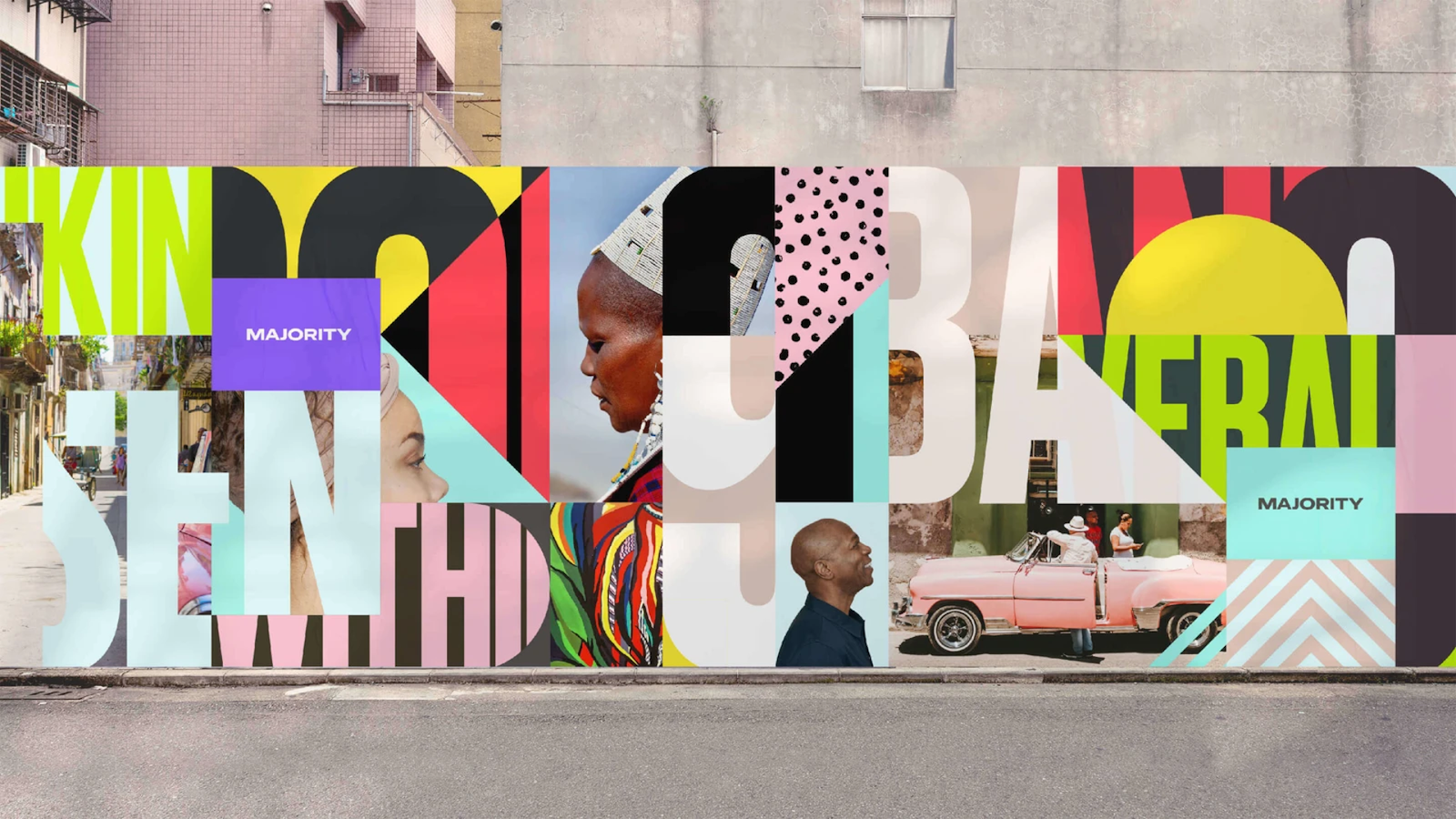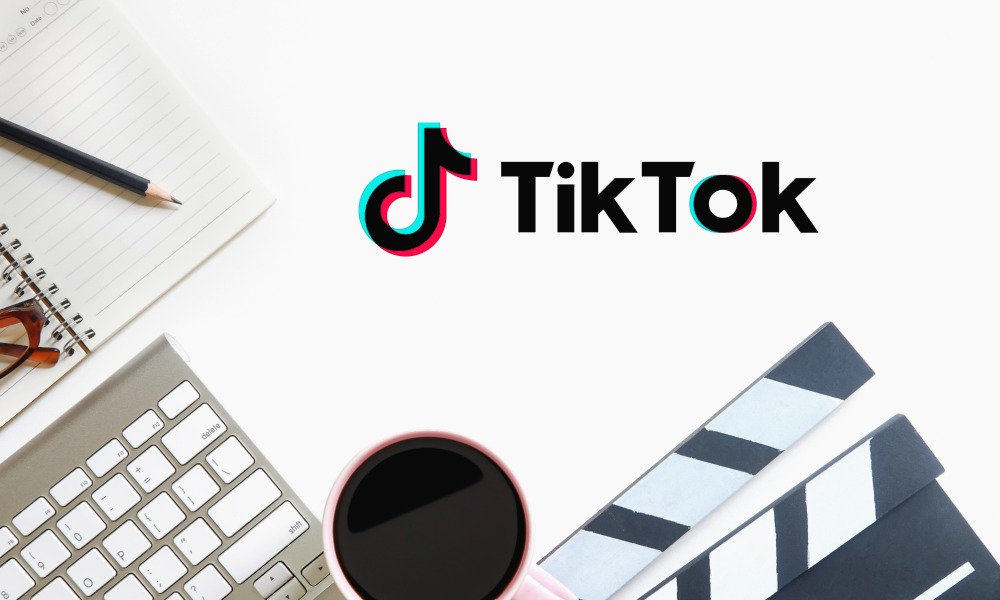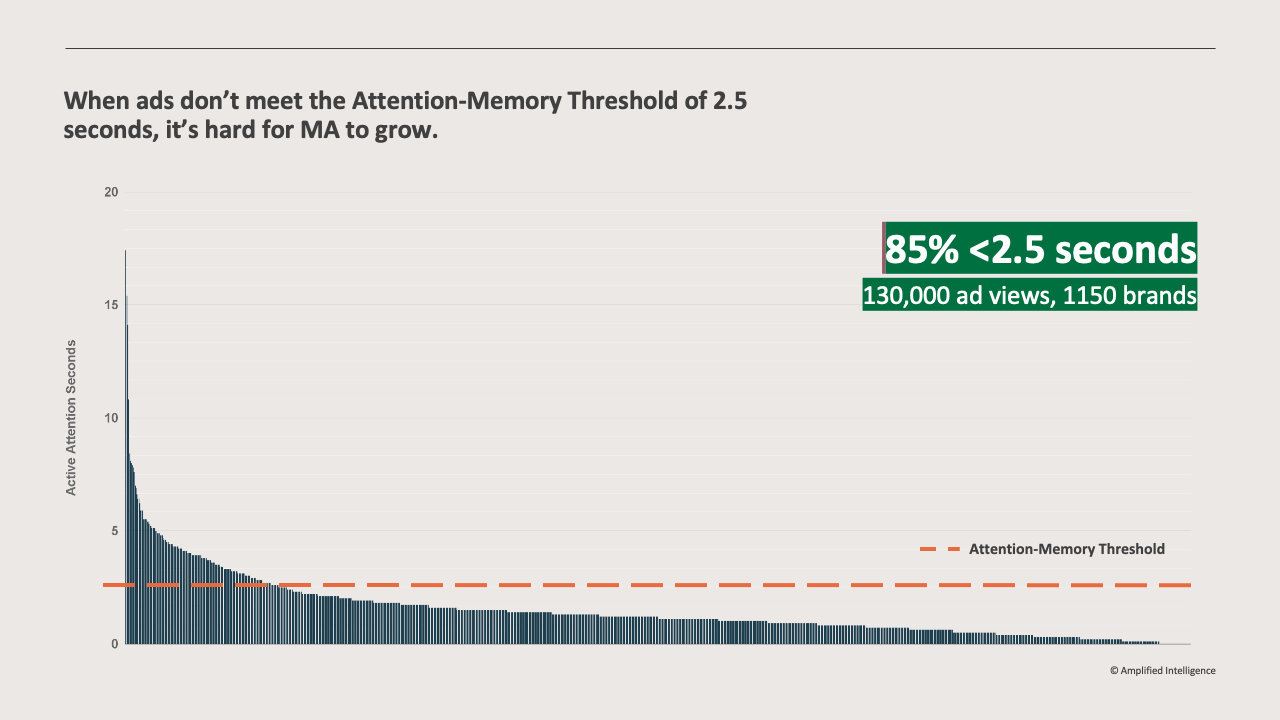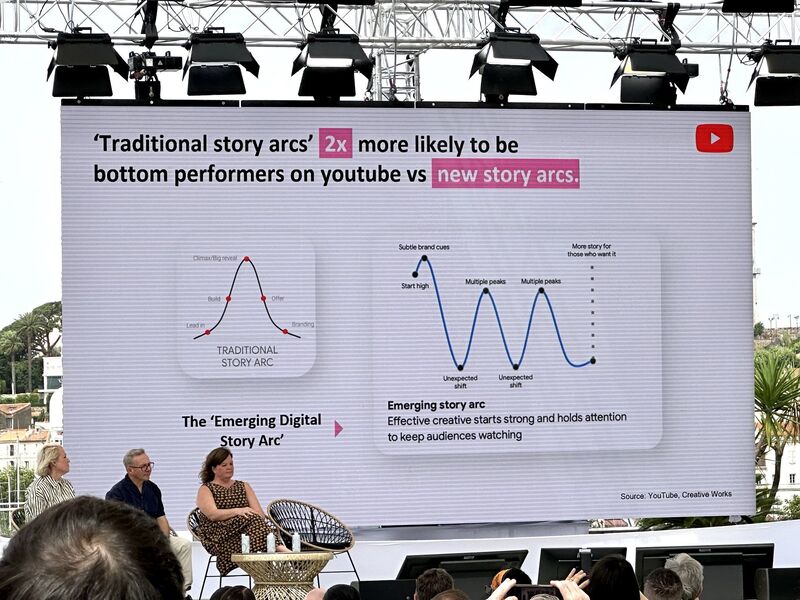Attention is the challenge - creativity is the solution
 Av Klara Carlsson
on 10 January, 2025
Av Klara Carlsson
on 10 January, 2025
One of the biggest challenges to successful communication campaigns is not a lack of data - it's capturing and keeping the attention of the target audience. And the answer lies not in the biggest budget or the most advanced technology, but in something more fundamental: creativity.
Changing conditions
Tom Roach, Vice President of Brand Planning at Jellyfish Global, writes in an opinion piece on Marketing Week about how the approach to digital marketing has changed. Big brands have moved from using digital platforms primarily to reach direct response from potential customers, to recognizing the importance of building long-term relationships. Success requires advertising messages that not only stand out and engage, but also leave a lasting impression.
2.5 seconds is the minimum
Roach refers to research by Karen Nelson-Field, who has studied how people interact with digital ads. To create brand recall - and have an impact - you need at least 2.5 seconds of active attention from the recipient. This may sound very short, but of the 130,000 digital ads included in the study, 85% missed that mark. In other words, the majority of ads were ineffective in terms of storing brand memory, which is crucial for influencing future purchasing decisions.
Impact of attention time on mental availability (MA). Source: Amplified Intelligence
So, how do we capture the attention of the target audience when it's so easy to just scroll on?
The platform sets the framework
Digital behaviors and the platform on which an ad is displayed play a crucial role in determining how much attention the ad can receive. Attention is also influenced by external factors such as stimuli, frequency and duration of ads or impressions.
Creativity is what makes ads capture and retain user interest. But a strong idea alone is not enough - it also needs to be smart, insightful and adapted to the platforms we work with to stand a chance. Understanding the dynamics of each platform is therefore crucial. What do users do there? What do they expect? And what works best on that particular platform?
For example, YouTube recommends that creators work with "emerging story arcs", where videos don't start with a long, traditional build-up, but instead grab the viewer's attention right away.
Traditional vs new story arcs. Source: YouTube Creative Works
TikTok, on the other hand, requires a 'bang' - that is, something that immediately captures the interest.
Emotions build long-term relationships
Creating an emotional connection is crucial to achieving long-term results. Research shows that ads that evoke strong emotional responses not only capture attention, but also have a much greater impact on brand awareness. An emotional connection to our message not only makes people stop for a few seconds, it also sparks interest and creates the conditions for loyalty that lasts over time.
Ultimately, it's not just about selling a product, but about building a brand that people feel and can relate to.

Related posts

Hosting a webinar - how to succeed
In these digital times, more and more companies are investing in organizing webinars. But how do you actually create an interesting and relevant webinar that generates the leads you want? And how do you make sure it builds your brand in the right way as a knowledge leader and industry expert? That's what I thought we'd find out in this blog post.

How playful can you be in B2B?
In a rapidly changing world, brand strategy, especially in B2B, needs to constantly evolve and to take its place often requires new and different approaches. A question that usually comes up when we discuss brand strategies is: How can we play with your brand? For some companies this is a big no-no, for others it is part of their DNA. Google, for example, has a long history of using its logo in its communications in a playful way, but as you will soon discover, there are several ways to position your brand in B2B. Strategic trends that go beyond the obvious.

TikTok - a goldmine for B2B companies
TikTok is the personalized video platform that has taken the world by storm in recent years. But what is there for B2B companies to gain from an app filled with dancing youngsters, smart lifehacks and funny cats? The answer is - a lot.

